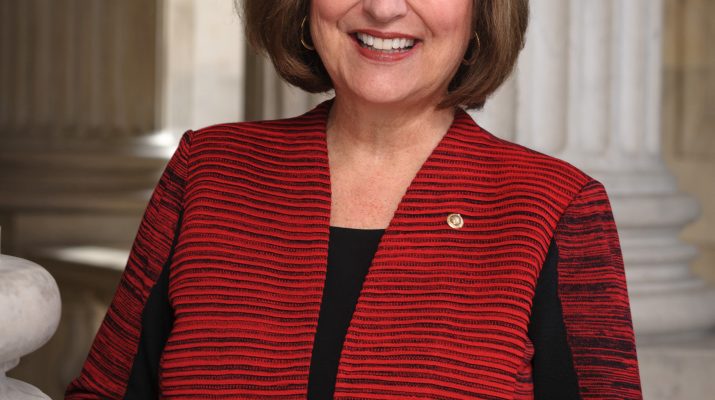Imagine if at the height of the last Cold War, the Soviet Union had control over the largest television network in the United States. Imagine if its surveillance network tracked the opinions, interests, and movements of millions of Americans. Imagine this propaganda and espionage campaign targeted the next generation of American leaders.
Today, we’re facing all of that combined in just one unassuming social media app: TikTok. TikTok has quickly grown into a cultural obsession. It negatively influences an entire generation of young Americans, affecting how they act, think, and even vote. The app vacuums up tons of information from the phones of the adolescents and adults using it. But there’s another side to the story.
TikTok is owned by a Chinese company called ByteDance with clear links to the Chinese Communist Party (CCP). The CCP’s data laws mean the government is authorized to access any and all of that information. U.S. lawmakers and intelligence officials worry the Chinese government are using TikTok to direct algorithms, showing Americans videos aimed to shape their views, including in the upcoming presidential election. People’s preferences, what grabs their attention, what they pause to look at on the app — China could use all this to influence how people act, how they think, and how they vote both now and in the future.
This is no conspiracy theory. Both Democrats and Republicans — including the Biden and Trump administrations — have scrutinized ByteDance about privacy concerns, surveillance issues, and human rights abuses in connection with the CCP. The Office of the Director of National Intelligence released a report last month verifying that CCP propaganda “targeted candidates from both political parties” via TikTok during the 2022 election cycle. It found that China’s influence capabilities, including its use artificial intelligence, are only growing.
The problem isn’t ultimately TikTok. The problem is that its ownership allows the Chinese government to manipulate the app for surveillance purposes.
In Congress, we need a unified strategy to combat the surveillance threats we’re seeing in new technology and apps, particularly threats from China. While a few legislative solutions have been proposed, it will take significant work to craft a bill we can all agree on.
But we’re making headway. The House recently passed H.R. 7521, the Protecting Americans from Foreign Adversary Controlled Applications Act, with a large bipartisan majority of 352-65. The bill is now ready for consideration in the Senate. I support H.R. 7521, and I’m hopeful that my colleagues will join me in support of this widely bipartisan consensus on a serious national security issue. Key leaders in the Senate have endorsed the bill, but we may have more work to do before everyone gets on board. If we’re able to pass it, President Biden has indicated he would sign it into law.
The bill would allow the president to name certain social media apps, like TikTok, as national security threats if they are determined to be under the control of foreign adversaries. Apps deemed a risk would be banned from app stores unless they sever ties with foreign-controlled entities within 180 days. It wouldn’t get automatically rid of TikTok, but it would force TikTok to move away from Chinese ownership if the app is to remain accessible here in the U.S. If we get rid of TikTok’s Chinese ownership, we’ll eliminate this national security threat.
During the Cold War, we would never have allowed the Soviet Union to have such direct access to the American population. We would have defended against sophisticated propaganda and espionage networks. But today, those networks are hidden in plain sight, in the pockets of millions of Americans. It’s critical to protect our nation from the CCP’s national security threats, and I’m confident we can work together on legislation in Congress that will get the job done.
Thank you for participating in the democratic process. I look forward to visiting with you again next week.

